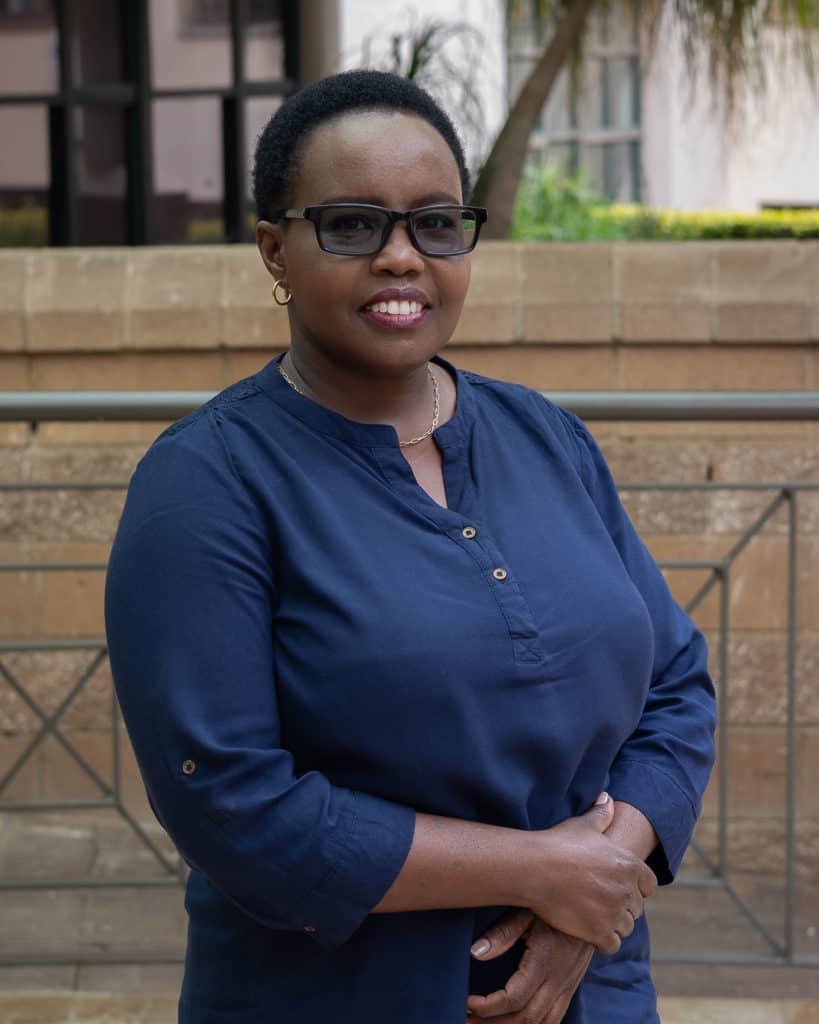Quote: “Philanthropy can revitalise our communities and our democracy through its transformative potential to address the root causes of problems and have a lasting impact.”
How does your research help develop African philanthropy?
My research focuses on how social enterprises (SEs) and Non-profit organisations (NPOs) can contribute to resilient urban communities through their service delivery. It is undeniable that globally and particularly in the global South, local communities and neighbourhoods are faced with severe problems caused by climate change, migration, and increasing poverty. These challenges have proven to be stubborn and difficult, defying government or business solutions. Most of these SEs and NPOs operate in marginalized segments of society that do not have the means to transform their own social or economic prospects without help. Therefore, it is worthwhile to understand how ecosystem actors like philanthropists are collaborating and supporting these organisations through funding, mentoring, and brokering contacts and networks. More importantly, to seek solutions to the challenges they face as a way of enhancing their growth and sustainability.

What is your vision for African philanthropy in Africa?
African philanthropy has a huge role to play in Africa’s development. To realise its full potential and bring change, my vision for African philanthropy is for it to increase transparency and accountability in dealing with issues of development and sustainability, and more importantly, for African philanthropy to play an active role in informing policy processes at a national level.
What led you to add a philanthropic lens to your research?
Philanthropy can revitalise our communities and our democracy through its transformative potential to address the root causes of problems and have a lasting impact. Currently, the African continent is experiencing an increase in economic growth because of technology and a vibrant growing middle class. Consequently, there has also been a sharp rise in philanthropic giving. Therefore, linking the research on SEs and NPOs’ potential to contribute to resilient urban communities to philanthropy is called for. This is because philanthropists have an incredible opportunity to collaborate with SEs and NPOs and can play a significant role in harnessing their potential to address the core social or environmental challenges facing communities. It can be in terms of funding, non-financial resources, and networking.



